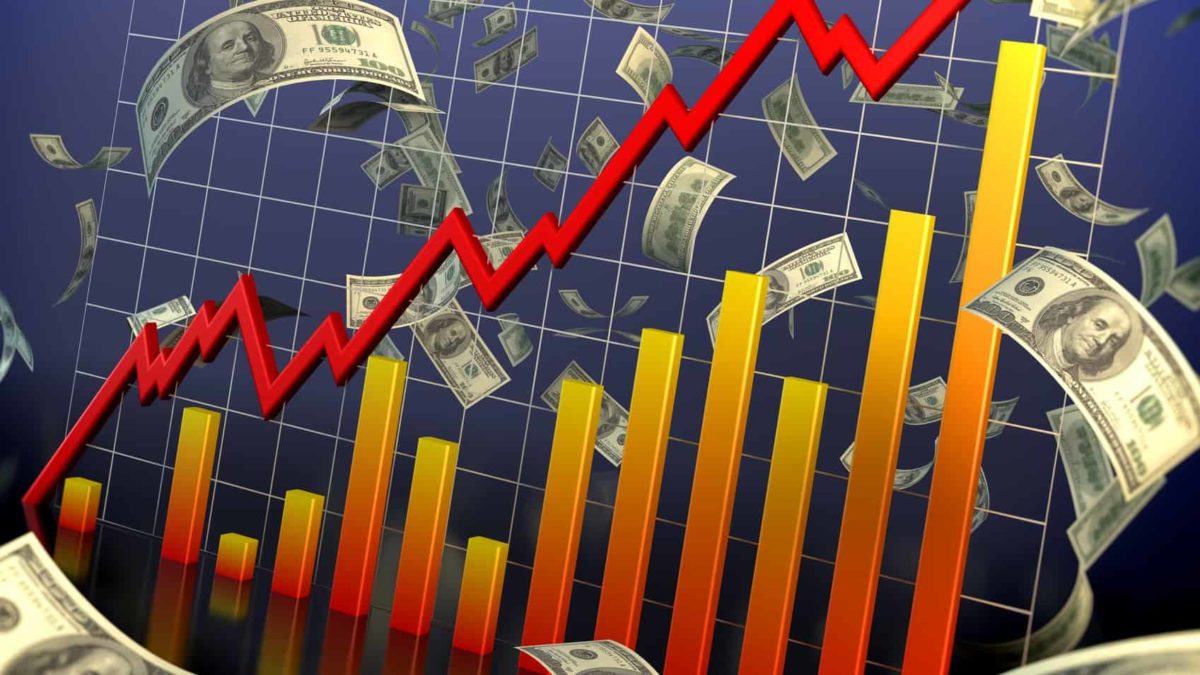The Commonwealth Bank of Australia (ASX: CBA) share price is valued at a premium compared to its big bank peers. But is it justified?
The first question is, how much of a premium is the biggest bank trading at?
It might be useful to look at what the banks are priced at compared to the estimated earnings for the 2022 financial year, which is the current financial year.
What's the premium?
Let's look at the estimates using the projections on Commsec.
The CBA share price is valued at 18x FY22's estimated earnings.
Next, the Westpac Banking Corp (ASX: WBC) share price is priced at 11x FY22's estimated earnings.
The National Australia Bank Ltd (ASX: NAB) share price is valued at 15x FY22's estimated earnings.
The Australia and New Zealand Banking Group Ltd (ASX: ANZ) is valued at 13x FY22's estimated earnings.
This CBA valuation premium remains despite the big bank falling around 10% over the last week after the bank delivered its FY22 first quarter update.
How long has there been a CBA share price premium?
John Lockton from Wilsons notes that over the last few decades, CBA's valuation – whether it's earnings, dividends or the book value – has traded at a premium of between 15% to 20% consistently.
He points out that there are several metrics that could justify the CBA share price trading at a premium to the other big four banks: the higher return on equity, it is the dominant retail bank, its technology leadership, and a track record of a more consistent operating performance.
Whilst the bank has traded at a premium since 1990, the bank has also outperformed the other banks. The total return has almost been double what the second best bank, ANZ, has produced according to Mr Lockton.
The analyst noted that CBA has typically operated with a higher leverage ratio than its peers. Historically, CBA has held a lower level of liquid assets over the past 30 years relative to its total asset base, allowing for additional capital to be lent out to earn a return. Mr Lockton noted holding lower liquid assets needs to be treated carefully, as running out of cash is a terminal event for a bank.
CBA has generated more earnings growth over the years. Higher earnings and a limited share issuance has meant a higher return on equity (ROE). Over the past 30 years, CBA's ROE has been 2-3 percentage points higher than peer banks, according to the analyst.
Is the CBA share price worth it?
Mr Lockton said regarding whether the premium would expand:
We have accessed a number of the common arguments put forward by investors to explain CBA's premium multiple, and in short, are left unconvinced they adequately explain the valuation expansion.
The analyst went on to say that the FY22 first quarter update, which referenced a declining net interest margin (NIM), could be a catalyst for the premium to close up – which it already has somewhat.
There's also the possibility the premium could close up further if the share prices of NAB, ANZ and Westpac outperform CBA from here.
Of the other three banks, the analyst's preferred competitor is NAB, which is showing the most convincing early signs that its operational momentum can lift its ROE.
Mr Lockton finished by saying:
NAB is our preferred major bank. The outsized CBA valuation premium is hard to justify on the basis of the fundamental outlook. We see a real risk that the valuation premium erodes to a more modest level over the medium-term.








